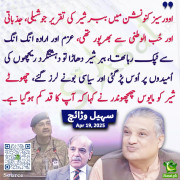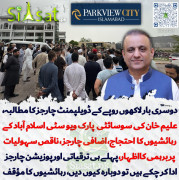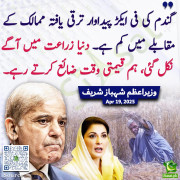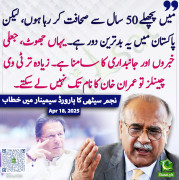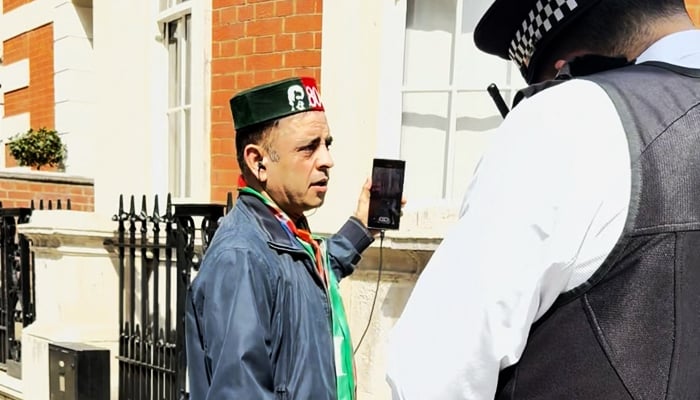Tackling government oppression and an army behaving like a mafia is a complex and dangerous challenge. It requires a strategic approach, a combination of non-violent resistance, legal action, international support, and possibly armed resistance (depending on the situation). Here are several key ways to address such a problem:
1. Non-Violent Resistance
-Civil Disobedience: Organizing peaceful protests, strikes, or boycotts can be an effective way to resist oppression. Famous movements like the Civil Rights Movement in the U.S. and Gandhi's struggle for Indian independence used non-violent methods to bring attention to systemic injustice.
-Non-Cooperation**: Encourage people to withdraw support from oppressive institutions—whether that means refusing to pay taxes, not cooperating with corrupt officials, or withholding labor.
- Public Awareness Campaigns**: Use media, social media, or underground networks to expose the actions of the government and military. Global attention often pressures regimes to change their behavior.
- International Solidarity**: Seek international recognition and support from human rights organizations, foreign governments, or international bodies like the UN. Pressure from the global community can force oppressive regimes to reconsider their actions.
2. Legal Challenges
- Document and Report Abuses**: Establish a reliable way to document human rights violations, such as collecting testimonies, images, or videos. This can help build a legal case against government officials or military personnel.
- Seek International Legal Action**: If domestic courts are not impartial or are under the control of the oppressive government, taking the case to international courts, such as the International Criminal Court (ICC), can be a route. In addition, you can file complaints with organizations like Amnesty International, Human Rights Watch, and the UN.
- Build Legal Networks**: Work with lawyers, human rights organizations, and activists to create a legal framework that challenges oppressive laws and military actions.
3. **Building Unity and Mobilizing the Population**
- **Build Broad Coalitions**: People from different social, political, and ethnic backgrounds must unite to resist the oppressive government and military. A fractured opposition will be easier to suppress, so fostering unity is critical.
- **Community Organizing**: Empower local communities to organize themselves against the military and government. Grassroots efforts, particularly in rural or marginalized areas, can be key to disrupting the machinery of oppression.
- **Create Underground Networks**: In extreme cases, when open resistance is too dangerous, forming underground networks that can distribute information, organize support, and engage in acts of sabotage may be necessary.
4. **Dealing with Corrupt Military Behavior**
- **Expose Corruption**: The mafia-like behavior of a military or government can be disrupted by exposing corruption, bribes, extortion, and illegal activities. Investigative journalism, whistleblowers, and international watchdogs can help.
- **Defection and De-escalation**: Encourage defections from the army or law enforcement by providing support to soldiers or officers who want to leave. Publicly reward or protect defectors.
- **Engage in Psychological Operations**: Weakening the morale and discipline of oppressive forces can reduce their effectiveness. This could involve highlighting internal divisions, planting misinformation, or using propaganda to show them as a criminal force rather than an official institution.
5. **Strategic Use of Violence (When Non-Violence Fails)**
- **Guerrilla Warfare**: If peaceful means are unsuccessful and oppression escalates, groups may resort to guerrilla warfare. This is a highly risky and dangerous option but may be used in extreme cases where the military acts as an occupying force.
- **Targeted Resistance**: If the army is behaving like a mafia, organizing strategic resistance against corrupt officers or military installations could weaken their control.
6. **International Intervention (Last Resort)**
- **Appeal to Foreign Governments**: Some international governments might be willing to impose sanctions or offer support to resistance movements, especially if the oppression is deemed to violate international law. In extreme cases, military intervention by foreign powers (such as the United Nations) may be an option if the situation meets certain legal criteria.
- **Diplomatic Pressure**: International organizations and foreign governments can apply diplomatic pressure to compel the government to end its oppressive tactics, for example, through sanctions, diplomatic isolation, or public condemnation.
7. **Psychological and Cultural Resistance**
- **Maintain Hope and Morale**: It's crucial to maintain hope, especially in long-term struggles. A culture of resistance, where the oppressed keep their dignity, can erode the morale of both the government and its army.
- **Preserve Identity and Heritage**: Keeping cultural identity intact through music, art, literature, and education can help strengthen the resistance and prevent the regime from erasing the community’s history.
8. **Prepare for Long-Term Struggle**
- **Patience and Persistence**: Overcoming a powerful, oppressive regime or military mafia is often a long-term endeavor. It’s important to prepare for a sustained struggle and not expect quick results.
- **Secure External Resources**: Fundraising, arms support, or obtaining technological tools for surveillance and communication can help the resistance sustain itself over time.
Conclusion
The road to challenging government oppression and a corrupt, mafia-like military is long, difficult, and often dangerous. It requires strategic planning, unity, and a mix of resistance tactics. While non-violent approaches should always be the first choice, if the situation becomes too dangerous or oppressive, it may escalate to armed resistance. Throughout the process, building support both within the country and internationally can help increase the chances of success.

